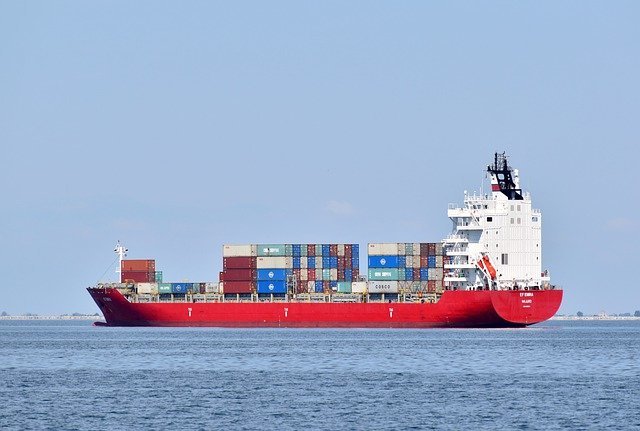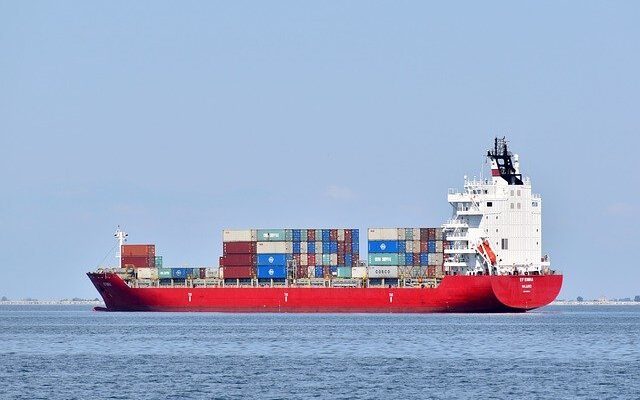Are you familiar with the importance of translation in exports? This sector moves considerable amounts of annual business. It also involves an enormous effort for you and your company in terms of organizing the work, logistics, and planning.
If one of the aims of your business is internationalization and you would like to conquer other countries to open up to new markets, you surely know that you should take the laws of the destination country into account, as well as tax policy, paperwork, and –of course– the language differences.
That’s where the importance of international logistics translation lies, as well as the importance of international commerce translation. Getting the text of a document to be understood in another language requires a translator with a high degree of language, cultural, and legal knowledge. That’s the only way you’ll get correct translations that include all the connotations, meanings, and particularities of the original document in the target language.

The role of translation in exports
If you have a business and want to export or import products, or if you work in the logistics sector and need to handle documents in a language or dialect that is different from your own, you need a professional translator.
Having professionally translated documents is essential for your business: not only because more than 70% of consumers are more likely to buy a product or service with information in their own language but also because you need legal and administrative documents that have been properly translated.
Some of the important documents that you should have in your logistics and export chain include the following:
– Pro forma and final invoices.
– Certificates and contracts.
– Legal texts.
– Air and sea waybills.
– Documents related with the warehousing chain.
– Texts about the logistics chain.
– Insurance policies.
– Documents used for customs, like TIR forms.
– Rail transport documents.
What processes are related with international logistics translation?
If you want to export a product, you probably need information on the packaging, labels, and instructions for use to be translated. An example of this is the labeling of food products which must be, by law, in the language of the target country.
On other occasions, you may also need to translate legal documents for exports. The translation type will depend on the product or service that you want to sell and the country where you’re going to sell it.
In the export sector, translation is more than just a routine task. It is the key to success for your business on the foreign market. Therefore, we recommend that you have a line item in your budget that is specific for translation in your export business plan. As you gradually appear on foreign markets, you’ll find that translation really is a strategic and essential piece of the puzzle to reach your objectives. If you need professional export translations, call us. We can help you!






